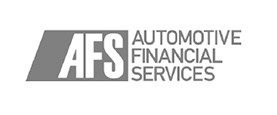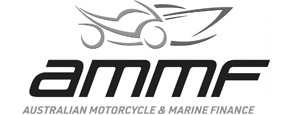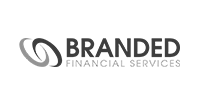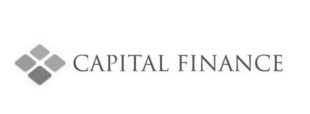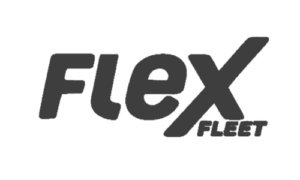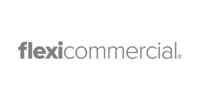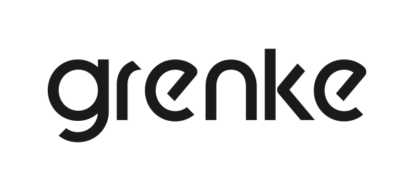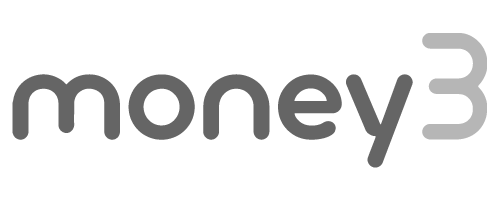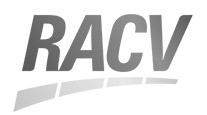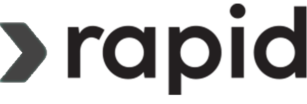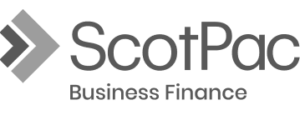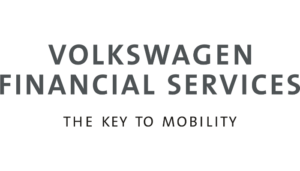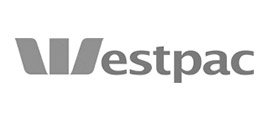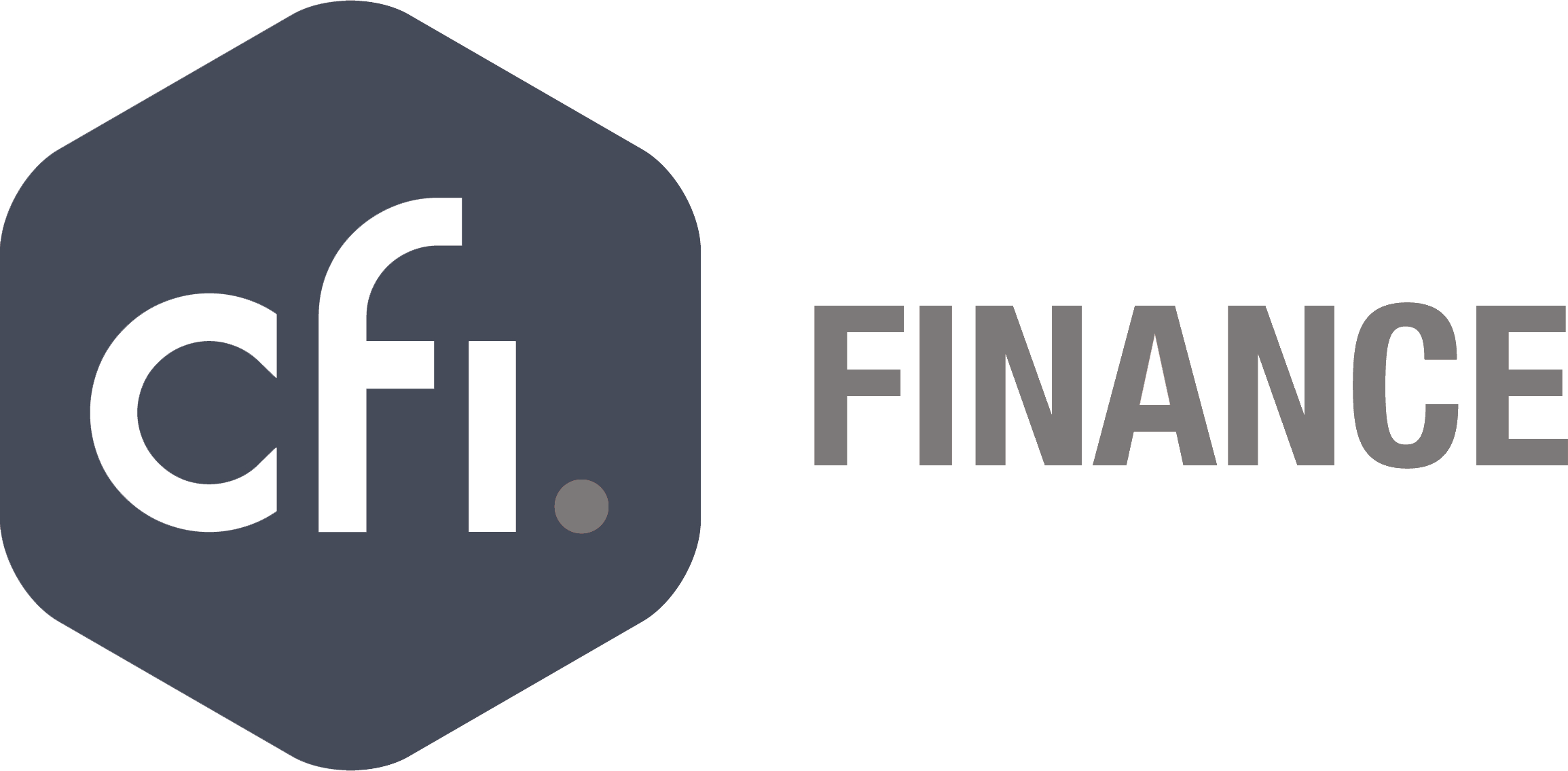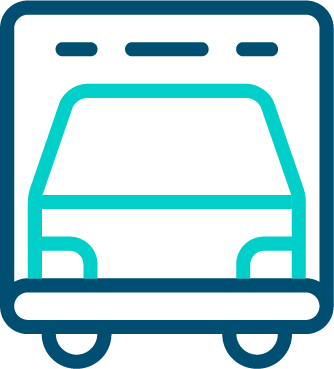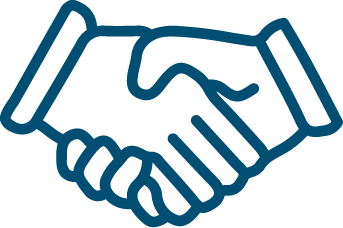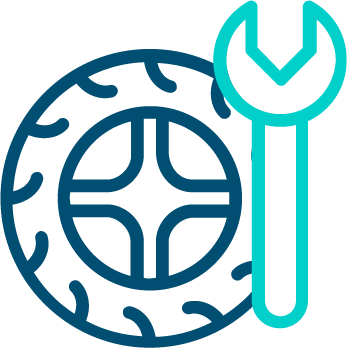The decision whether to buy or finance your equipment is an important financial choice which many business owners face each year. There are several factors to consider when deciding which option is the best fit for your business needs.
The business benefits of financing
Many businesses use equipment financing to acquire new equipment or update capital assets without imposing on their cash flow. Equipment financing is normally used to fund large items like machinery or vehicles, avoiding the need for capital investment. However, financing can be valuable for all types of businesses, from smaller companies with less cash on hand to established companies that would instead use their cash reserves on another growth project.
Financing offers much more flexibility than outright purchasing for businesses because they only need to make a down payment and meet their monthly obligation.
Some key advantages of financing include:
- You can acquire assets with minimal initial cash outlay, which frees up your cash flow to invest elsewhere
- Your lease and interest payments can generally be deducted as business expenses on your tax return
- If the equipment improves your business prospects, financing is generally regarded as a “good debt” for the business because it supports growth and the ability to generate wealth
- Financing can often be obtained on flexible terms which suit the business
- Finance agreements can pass the risk of equipment obsolescence onto the lessor
- You have the ability to finance new, higher-end equipment after your term expires.
There are, however, a few points which should be taken into consideration:
- Sometimes the net cost of ownership can be higher over the full term, particularly in high-interest rate environments
- The lack of outright ownership may limit what you can do with the equipment
- You may need to be prepared to make a residual payment (also known as a balloon payment) at the end of the term
- If you aren’t using the equipment, you are still obligated to make lease and interest payments.
Which businesses should consider finance?
Financing makes the most sense for the majority of companies, as maximising cash flow is a common business goal.
A cash flow forecast comparison which considers an ownership scenario may help inform the decision. This should factor in the returns you expect to make on the funds if they were reinvested in the business rather than used to buy the asset. You should carefully consider the monthly finance payments as well as the residual payment due at the end of the term to ensure you can fulfil the required obligations.
Factors to be aware of when purchasing
If your business has the funds available, it can be tempting to purchase the equipment outright, with perceived benefits including:
- You own the equipment outright and can claim it as your own asset
- You have the freedom to modify the equipment
- You don’t have monthly interest or lease payments to make.
However, purchasing does also pose some disadvantages, such as:
- The toll on your cash position. Companies can run into cash flow problems when parting with a large amount of money, which can hinder business growth and sustainability
- The long term depreciation of the equipment value
- When it comes time to upgrade, you may need to sell the current equipment to free up funds for the purchase of new equipment.
When should businesses buy outright?
Supply chain constraints or high demand for the equipment in question can also influence a buyer’s decision if they are concerned that applying for finance may take too long, causing them to miss out on the deal. However, it’s important to note that your broker has access to lenders that can offer approval on your application in as little as 24 hours.
Before making this decision, an important comparison to make is between the net cost of buying and financing your equipment after factoring in tax breaks, a conservative resale value, as well as the return on the cash if it was used to fund business growth rather than to buy the assets.
Often, money invested directly into business growth initiatives will yield a greater return than simply using it to purchase an asset.
Conclusion
While having the cash available to make a purchase upfront may seem like a hassle-free option to secure your asset, it’s important to consider how it can impact the growth of your business in the long term.
Making these decisions may not be straightforward, but thankfully your broker is on hand to simplify the process and help you understand which option is best for your business.
This information is for general information purposes only. The information contained herein does not constitute financial or professional advice or a recommendation. It has not been prepared with reference to your financial circumstances or business and should not be relied on as such. You should seek your own independent financial, legal and taxation advice as to whether or not this information is appropriate for you. This article was originally published by oneaffiniti





